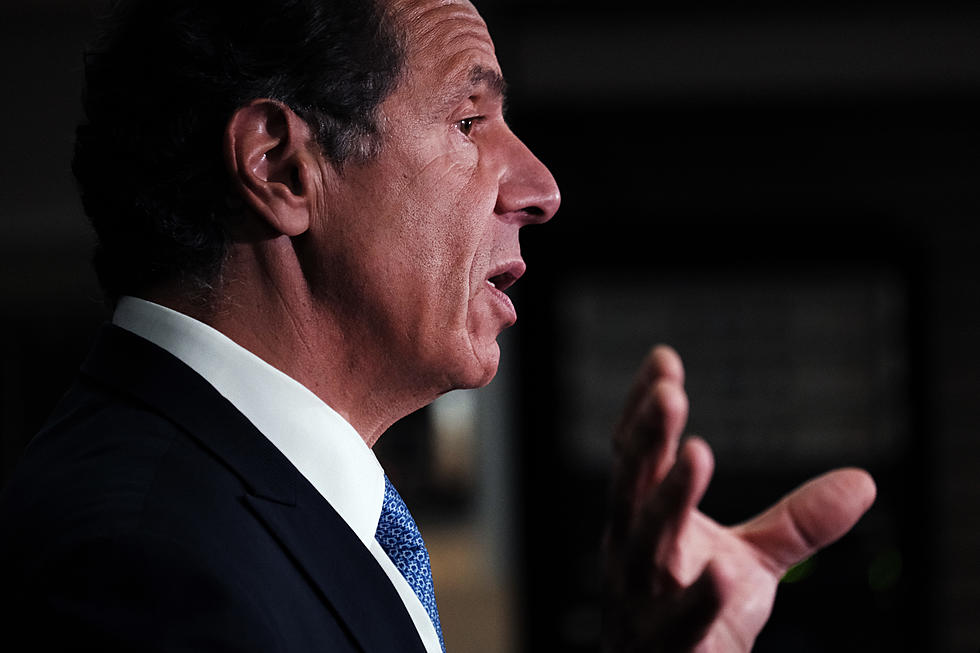
Female-named hurricanes more deadly than male, study finds
Is it possible that gender stereotypes cause people to take female-named hurricanes less seriously than storms with male names? That’s the conclusion of a study recently published in the Proceedings of the National Academy of Sciences.
According to researchers, female storms have historically caused more deaths because people do not consider them as risky as male storms, therefore not taking adequate precautions.
"Laboratory experiments indicate that this is because hurricane names lead to gender-based expectations about severity and this, in turn, guides respondents’ preparedness to take protective action," the published report reads.
Researchers examined hurricane death rates from 1950 to 2012 and found that, of the most damaging hurricanes, the female-named storms showed almost double the rate of fatalities. That rate went up, the study found, when comparing strongly feminine names to strongly masculine ones. In follow-up experiments designed to test their hypothesis, researchers asked test subjects to imagine themselves in the path of a masculine-named storm or a feminine one. Respondents reportedly rated the masculine storms as more risky than the feminine.
Sharon Shavitt, co-author of the study and professor of marketing at the University of Illinois, told the Washington Post, “The stereotypes that underlie these judgments are subtle and not necessarily hostile toward women - they may involve viewing women as warmer and less aggressive than men.”
But not everyone is convinced of the validity of these findings. Jeff Lazo of the National Center for Atmospheric Research believes the research team’s conclusions are based on statistical flukes arising from the way in which they analyzed their data. In an article published by National Geographic, Lazo points out that hurricanes received exclusively feminine names until 1979, which the researchers tried to compensate for by analyzing pre-’79 data separately, skewing the numbers. He also points out that the study included indirect deaths, such as fatalities due to downed electrical lines or building collapses.
Others within the meteorological community believe the study is important, but are reluctant to call for an overhaul of the naming system.
Speaking to the Washington Post, Marshall Shepherd, former president of the American Meteorological Society, said, “I am not ready to change the naming system based on one study, but it may be one more indicator that thinking exclusively about physical science is not enough in 2014 and beyond to save lives.”
Regardless of the validity of the study’s findings, experts stress that all storms should be taken seriously.
More From KTEM-AM
![Bullet Grazed Border Patrol Agent’s Head During School Shooting [PHOTOS]](http://townsquare.media/site/34/files/2022/05/attachment-Screen-Shot-2022-05-26-at-12.27.42-PM.jpg?w=980&q=75)



![Are Texans Being Bullied into Getting The Vaccine? [Poll]](http://townsquare.media/site/154/files/2021/09/attachment-Bullied.jpg?w=980&q=75)


